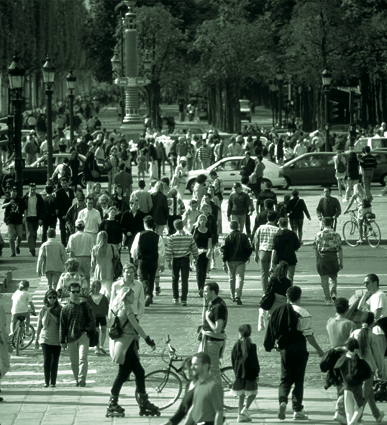[FR] European social dialogue and civil dialogue: differences and complementarities
Seminar organised in Brussels on 10 June 2003 with the European Economic and Social Committee.

FOREWORD BY JACQUES DELORS
The role that civil society organisations can play in the democratic functioning of the European Union, referred to for convenience as ‘civil dialogue’ even though it is far from being formalised, remains a controversial issue. It has long been my intention to explore this issue in greater depth, and I am grateful to the European Economic and Social Committee, and in particular to my old friend Roger Brisch, for enabling Notre Europe to begin this work last June.
It would be inappropriate for me to paraphrase the conclusions I put forward at the seminar, but rereading the rich debates has prompted me to emphasise two achievements that I believe provide solid benchmarks for further reflection.
Firstly, it is indeed the construction of this ‘civil dialogue’ that is the most urgent task for Europe.
There is much to be said about the evolution of European social dialogue and the articulation of representative democracy between national and European parliaments, but we know what we are talking about and the procedures exist. A balanced dialogue that respects the diversity and autonomy of the many associative networks that nourish civil society from the local to the global level, however, remains to be built. And Europe needs this more than ever: because it is the best way to understand the state of our societies, but also because a growing misunderstanding risks setting it against the most globalised networks, which more spontaneously perceive the Union as an international organisation than as a global political actor.




